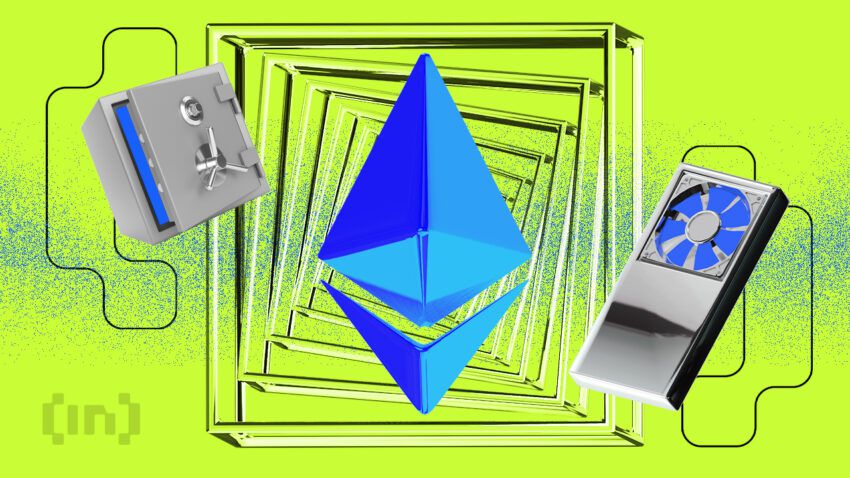In the ever-evolving landscape of blockchain technology, Ethereum has firmly established itself as a frontrunner. However, as Ethereum continues to grow, its network faces significant challenges, with scalability being one of the most pressing concerns. In this article, we’ll delve into the future of Ethereum node, exploring the path to scalability and what lies beyond. Ethereum, the second-largest blockchain platform by market capitalization, has revolutionized the world of decentralized applications and smart contracts. However, its growth has brought about scalability challenges, making it crucial to explore the future of Ethereum nodes and how they will adapt to meet these challenges head-on.
Understanding Ethereum Nodes

Before we dive into the future, let’s grasp the concept of Ethereum nodes. Nodes are essentially computers that run Ethereum software, participating in the network by validating transactions and blocks. They play a pivotal role in maintaining the blockchain’s integrity and security. The rapid adoption of Ethereum has strained its capacity to process transactions efficiently. With a limited throughput, the network has been plagued by high gas fees and slow confirmation times, hindering its usability. This issue highlights the need for scalability solutions. Ethereum 2.0, often referred to as Eth2 or Serenity, is a major upgrade aimed at addressing scalability issues. It introduces a new consensus mechanism known as Proof of Stake (PoS), replacing the energy-intensive Proof of Work (PoW) used in the current Ethereum network.
Sharding: The Key to Scalability
One of the cornerstones of Ethereum 2.0 is sharding. Sharding involves dividing the network into smaller parts, or shards, each capable of processing transactions independently. This parallel processing significantly enhances scalability. In the Ethereum 2.0 ecosystem, validators play a crucial role. They are responsible for proposing and validating new blocks, helping to secure the network and maintain consensus. Validators must lock up a certain amount of ETH as collateral to participate, ensuring their commitment to the network’s integrity.
Decentralization vs. Scalability
While scalability is essential, Ethereum developers must strike a delicate balance between scaling the network and maintaining decentralization. Over-centralization can compromise the fundamental principles of blockchain technology. As Ethereum strives to solve scalability issues, it is also exploring new frontiers. These include bridging with other blockchains, enabling interoperability, and enhancing the ecosystem for decentralized finance (DeFi) and non-fungible tokens (NFTs). The road to scalability is not without obstacles. Concerns like security, potential centralization, and the need for robust infrastructure must be addressed. Ethereum’s development community is actively working to mitigate these challenges.
The Importance of Node Operators

Node operators are the backbone of the Ethereum network. Their dedication to maintaining nodes ensures the network’s health and security. As Ethereum evolves, the role of node operators becomes increasingly critical. Node operators must stay up-to-date with the latest software upgrades and network changes. Syncing nodes with the Ethereum blockchain is vital to maintain optimal performance. With the rise of cyber threats, security measures for Ethereum nodes are paramount. Node operators must implement robust security protocols to safeguard against potential attacks.
Ethereum’s strength lies in its vibrant and dedicated community. Collaboration among developers, node operators, and enthusiasts is key to overcoming challenges and shaping the future of Ethereum nodes. The future of Ethereum nodes is marked by innovation and scalability solutions. Ethereum 2.0’s transition to PoS and the implementation of sharding are promising steps toward a more scalable and efficient network. As Ethereum continues to evolve, its commitment to decentralization remains steadfast, ensuring a bright future for the blockchain platform.



Leave a Reply